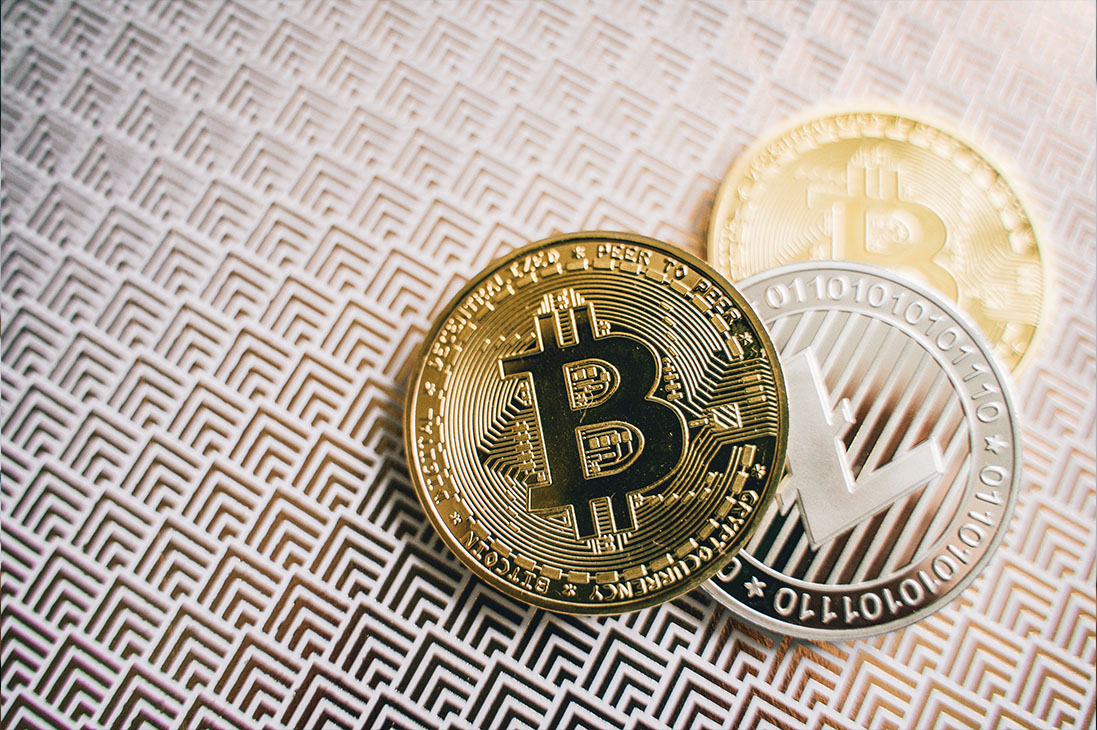In a world hit by pandemic, the rise of cryptocurrency is one of the most widely watched economic trends. Crypto transactions have also soared in India since the Supreme Court reversed the Reserve Bank of India’s 2018 order restricting financial institutions from buying and selling cryptocurrencies.
However, the government of the Union announced on Wednesday that the winter session of Parliament would begin on November 29 and a bill banning private cryptocurrencies would be introduced.
In this article, cryptocurrency expert Sunil Raveendran, who is a manager at a Technopark MNC in Thiruvananthapuram, goes over the basics of digital currencies. He talks about crypto exchange, cryptocurrency’s rise as an asset class, how to prevent Fraud, and how digital currency will be used in India in the future.
What led to the emergence of cryptocurrency as an asset class?
The main asset classes are currencies, gold, oil, and stocks. The trust of investors in these asset classes seems to have been lost following the 2008 recession. This led to cryptocurrency’s success. In the past month, its value has surpassed $3 trillion. The asset class has proved to be extremely valuable.
Furthermore, cryptography has undergone a paradigm shift. A native digital currency was usually only interesting to retail investors and crypto enthusiasts until recently. A number of institutional investors (people managing the funds of wealthy people) are now showing interest.
Why has the demand for cryptocurrency grown so rapidly across the globe?
In order to understand how Bitcoin and other cryptocurrencies have swept the globe, it is important to examine socioeconomic factors.A Bitcoin wallet is a payment system that offers greater privacy, anonymity, and autonomy than traditional payment systems. Later, it was realized it could be used as an asset class and a speculative trading instrument with financial potential.
In addition to having a low foreign exchange transaction cost, bitcoin payments have the advantage of not having to deal with government authorities or third-party forex intermediaries, such as Western Union. This asset class is useful for portfolio risk management since it has a low correlation with other asset classes such as stocks, bonds, etc. It provides hedging against an uncertain economic environment.
Bitcoin, which has no affiliation with any country, could be used as a hedge against country-specific risks because of its international nature. Bitcoin has the benefit of protecting against the effects of inflation. The anonymity that cryptocurrency provides is another feature that makes it an appealing choice for actors engaging in illegal trade activities, such as smuggling.
Cryptocurrency exchanges – what are they?
A cryptocurrency exchange platform facilitates trading of cryptocurrencies in exchange for digital or fiat currencies. A cryptocurrency exchange platform acts as an intermediary between a buyer and a seller. The platform charges a transaction fee or commission in exchange for its services. In India, there are a number of exchanges that may be accessed: WazirX,CoinDCX, and CoinSwitchKuber.
Frauds involving cryptocurrency are on the rise, but why?
In order to make easy money, fraudsters look at all asset classes. It is common for us to hear reports of gold smuggling and bank fraud. Similarly, cryptocurrency fraud fits into this category.
Crypto traders are benefiting from lack of awareness, according to me. In other words, people with limited digital literacy turn to cryptocurrency as a way to make quick cash. This is a major reason for crypto frauds. You should know that cryptocurrency is one of the riskier investments out there. It is essential that you learn about cryptocurrency exchanges before investing even a rupee. This is because there are hundreds of them. Choosing wisely is very important. Learning how to store your digital currency is very important. It is also important to prepare yourself for market swings.
As a result of the government’s decision to introduce a new cryptocurrency law, what will become of cryptocurrencies in India?
India might ban all private cryptocurrencies, with minor exceptions, under the cryptocurrency bill that will be introduced during the winter session of the Parliament. It is intended that the exceptions promote the underlying technology – Blockchain – and how it can be used.
A bill titled ‘Banning of Cryptocurrency & Regulation of Official Digital Currency Bill, 2019’ proposed a blanket ban, meanwhile, a similar bill titled ‘Cryptocurrency and Regulation of Official Digital Currency Bill, 2021’ does not mention a ban. The cryptocurrency market in India has experienced substantial growth and participation.
Cryptocurrencies are likely to be treated by the government as assets and not as currencies. It will also give the government a chance to collect tax with certain exemptions. In addition to promoting Blockchain technology, the exemptions are meant to boost the development of the technology.
A 2019 draft bill titled ‘Ban Cryptocurrency & Regulation of Official Digital Currency, 2019’ suggested an outright ban, but the 2021 draft bill, ‘Cryptocurrency and Regulation of Official Digital Currency, 2021′ does not mention banning. As a result of this, the cryptocurrency market in India has seen considerable growth and participation.
Cryptocurrencies are most likely to be treated as asset classes rather than currencies by the government. In addition to providing tax returns on crypto assets, this would also assist the government.The regulatory framework will bring greater transparency and accountability to crypto trading platforms, as well as provisions for monitoring cross-border transactions. An additional possibility is to implement checks and balances in order to reduce Fraud and protect investors’ interests.

